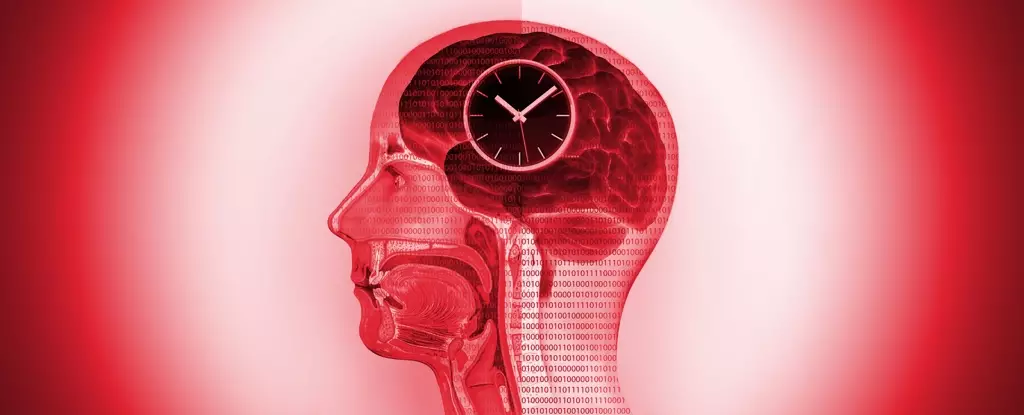Navigating the complexities of obesity has become an urgent public health issue of our time. With over a billion individuals globally classified as obese, the search for effective weight management strategies is paramount. Recent research offers promising insights into how specific dietary patterns, particularly intermittent calorie restriction (ICR), can lead not only to weight loss but also to profound changes in the gut and brain, potentially transforming our understanding of obesity.
Intermittent Calorie Restriction: A Paradigm Shift
A study conducted by Chinese researchers focused on 25 volunteers labeled as obese, unveiling the effects of intermittent energy restriction (IER) over a period of 62 days. Participants engaged in a carefully structured program involving alternating periods of caloric intake and fasting. The results were compelling—an average weight loss of 7.6 kilograms (16.8 pounds), equivalent to about 7.8% of their initial body weight, was observed. However, weight loss alone does not encapsulate the breadth of the findings.
The researchers discovered significant shifts in brain activity linked to obesity, particularly in the regions responsible for appetite regulation and addiction. Specifically, brain scans revealed altered activity in the inferior frontal orbital gyrus—a critical area where decision-making and willpower against food cravings are processed. This suggests a notable interconnectedness between caloric intake, brain function, and the psychological aspects of eating.
The Gut-Brain Axis: A Complex Relationship
This groundbreaking study highlights the importance of the brain-gut-microbiome axis, a bidirectional communication network between the gastrointestinal tract and the central nervous system. The inquiry into what exactly facilitates changes in both areas remains ongoing, but the findings strongly indicate that fluctuations in gut bacteria directly correlate with alterations in brain activity during the IER diet.
Focusing on specific bacterial strains, researchers noted that certain gut microbes, such as Coprococcus comes and Eubacterium hallii, had inverse relationships with brain activity in areas tied to executive function. This connection raises the tantalizing possibility that our gut health plays a critical role not only in physical well-being but also in influencing our mental resilience against overindulgence, impulsivity, and addiction-like behaviors attached to food consumption.
Implications for Weight Management Strategies
The implications of these findings extend beyond academic interest; they hint at revolutionary approaches for tackling obesity. The traditional narrative that emphasizes strict dieting and rigorous exercise is being complemented by a more nuanced understanding of the physiological and psychological dynamics at play. Researchers like Qiang Zeng and Xiaoning Wang are calling attention to the potential for targeting specific brain regions to help regulate food intake.
Moreover, this research underscores the need for personalized dietary interventions that consider not just caloric intake but also the composition of the gut microbiome and its interactions with brain function. This could lead to tailored nutrition plans that foster a healthier gut, optimizing not merely for weight loss but enhancing overall mental well-being and self-regulation.
The Future of Obesity Research
As studies in this arena continue to unfold, the next crucial steps involve deciphering the mechanisms that govern the dialogue between the gut and brain during the weight loss journey. Biomedical scientists like Liming Wang are focused on unraveling these complexities, yearning for actionable insights that can inform therapeutic strategies.
Understanding the two-way communication between gut microbiota and brain function may unlock new avenues for intervention, not only in the realm of obesity but potentially in other metabolic and psychological disorders. The promise of integrating gut health into the framework of brain function represents a significant evolution in how we approach obesity—a condition often oversimplified as a problem of willpower and lifestyle choices alone.
By celebrating this evolving comprehension, we pave the way for more innovative, effective strategies that transcend conventional weight management methods, ultimately positioning ourselves to combat one of the most pressing health challenges of our time.


Leave a Reply